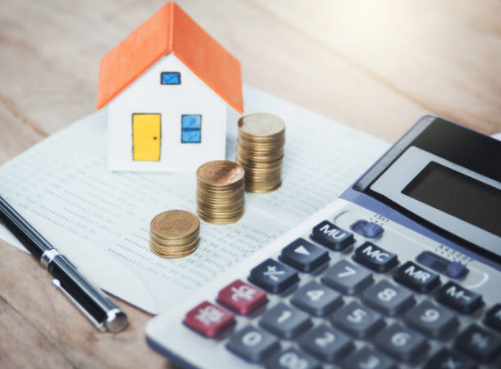If you sell investment property and earn money, you generally must pay taxes. However, Internal Revenue Code Section 1031 provides an exception that allows the Seller to postpone paying taxes when he reinvests the proceeds into a similar property (IRS).
Read the article to learn more about the basic principles of a 1031 Exchange and consult with your tax professional or real estate attorney for further guidance.
 What is 1031 Exchange?
What is 1031 Exchange?
Section 1031 is a section of the U.S. Internal Revenue Service Code that allows investors to defer capital gains taxes on any exchange of “like-kind” properties for business or investment purposes (Investopedia).
A wealth-building tool for the savvy real estate investor, Section 1031 is allowed for any business or investment property. Taxes on capital gains are not charged on the sale of a property if the money is being used to purchase another property – the payment of tax is deferred until the property is sold with no re-investment.
Also, there’s no limit on how many times you can do a 1031! You can roll over the gain from one piece of investment real estate to another. In other words, you avoid tax until you actually sell for cash many years later (Forbes).
So, does your investment property qualify?
 During a recent workshop hosted by Asset Exchange Company at Escrow of the West, Debbie Skora, Business Development Director, explained that in order to qualify for Section 1031, the investment property must produce income.
During a recent workshop hosted by Asset Exchange Company at Escrow of the West, Debbie Skora, Business Development Director, explained that in order to qualify for Section 1031, the investment property must produce income.
Flips and developments do not qualify for 1031 exchange status.
Furthermore, it must be considered a “like-kind” exchange, meaning the exchange must be real estate for real estate, rather than real estate for business. Though the two assets must be of the same “type,” they do not have to be of the same quality (Investopedia).
Skora of Asset Exchange Company also explained that the replacement property must be equal or greater in value than the original investment property. Any equity that is not reinvested in real estate will be taxable. In short, if you don’t want to pay any taxes, reinvest all of your cash and purchase a property equal or greater in value.
Make sure the exchange occurs within the specified timeline: the IRS requires that your replacement property be identified within 45 days and the entire exchange be completed within 180 days.
The content of this article is for informational and entertainment purposes only and is not to be viewed as tax recommendations or financial advice from Escrow of the West.


